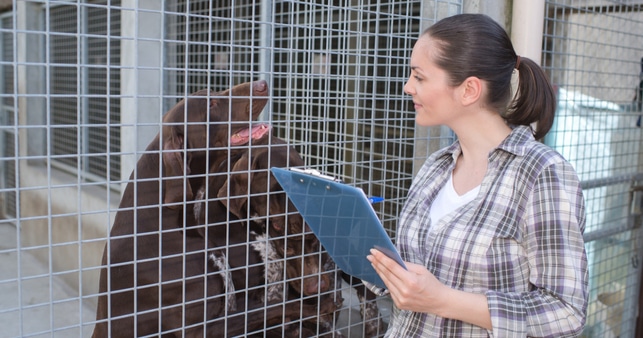
An employee found to have made several “false” allegations has been denied the opportunity to use secretly obtained audio recordings of a meeting as evidence in a bullying case that is to be heard in the Fair Work Commission (FWC) today.
The employee formally requested to have her secret audio recording of a meeting with her employer in March last year admitted as evidence in her anti-bullying case.
In the ongoing court proceedings, Deputy President Peter Sams heard the employee had felt “threatened and unsafe” at work and reported her concerns to a psychiatrist, her family doctor, the clinic’s management, other staff members, the FWC, police, SafeWork NSW, her family and friends.
However, Deputy President Sams wouldn’t take the evidence “further than she told these persons and agencies. It is not evidence of them believing her, let alone agreeing with her,” he said.
The employee claimed her employer was illegally monitoring her work computer and that this constituted bullying and intimidation.
She alleged her former employer also victimised her as a whistleblower after she reported alleged company fraud, tax breaches and debtor write-offs.
The FWC heard the employee sought to have the recording from a meeting admitted as evidence at the hearing to prove her claims of the employer’s alleged breach of conduct and failure to comply with its duty of care, and to support her bid to return to her job without fear of continued alleged bullying.
Deputy President Sams said the employee had failed to identify how many meetings she had recorded.
“From the employee’s own evidence, there appears to be more than one secret recording,” he said, adding, “In her reply submissions (and elsewhere), she frequently refers to recordings (in the plural).
The Deputy President stated that it was becoming increasingly difficult to manage the case when new evidence is being “drip fed into the proceedings at inappropriate times and without the respondents being given an opportunity to address new matters,” he said.
“As real issues of procedural unfairness arise in these circumstances, I caution [the employee] in seeking to tender further secret recordings, without very good reason.”
Legislation governing the use of electronic surveillance or monitoring of employees is inconsistent between state and territory jurisdictions. James Houghton, a Senior Employment Relations Adviser at Employsure says, “As a general rule, express or implied consent of all parties is required before a meeting or conversation is recorded. Exceptions may apply where it is reasonably necessary to protect the legal interests of the recorder.”
However, Mr Houghton warns, “reference should be made to the relevant state or territory legislation to determine lawful use of any recording device.
“Although the Fair Work Commission has the authority to accept covert recordings as evidence, it will strongly take into account whether the recording breached the relevant state or territory surveillance legislation,” he said.
In dismissing the application, Deputy President Sams rejected the employee’s claim she had police authority to secretly record a meeting with her employer.
The employee’s claim that she had police consent to secretly record the meeting on 27 March 2018 was also determined as a false claim.
“This finding also applies to the [the employee’s] claim of being told by a Fair Work officer that she should be physically afraid of [her employer] and she should contact police or 000,” he said.
The proceedings are listed in the FWC for hearing today.



